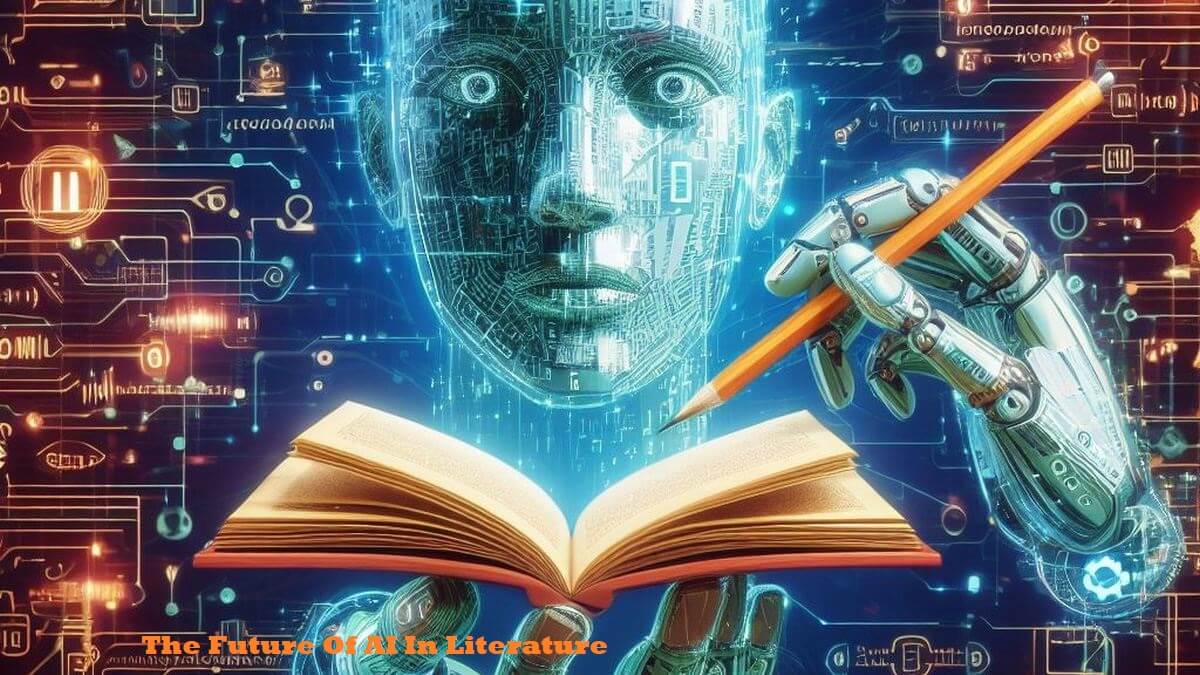Introduction
The position of LGBTQ+ people and communities within society has changed throughout history, characterized by struggle, resistance, acceptance, and continued activism for equality and inclusion. The LGBTQ+ community is comprised of individuals who self-identify as gay, lesbian, bisexual, transgender, queer, and other sexual and gender minorities. The “+” symbolizes the inclusion of other identities such as asexual, intersex, pansexual, non-binary, and more. This wide range of identities emphasizes the variance of experience in the LGBTQ+ community, all of which contribute to contemporary society in meaningful ways.
Historical Context
Historically, LGBTQ+ people have faced discrimination, exploitation, and marginalization. For centuries, societal norms declared heterosexual and cisgender identities as the only acceptable expressions of human sexuality and gender. As a result, LGBTQ+ individuals were often forced into secrecy or subjected to harsh treatment including violence and institutional oppression. In many cultures, homosexuality was criminalized and gender non-conformity seen as taboo or even as a medical condition. LGBTQ+ visibility and rights began to emerge prominently in the mid-20th century, particularly after the Stonewall Riots in 1969. Sparked by a police raid on a gay bar in New York City, the Stonewall Riots ignited the modern LGBTQ+ rights movement. Activists began demanding equal rights such as marriage equality, employment protections, and societal inclusion.
Social and Cultural Contributions
Since Stonewall, the LGBTQ+ community has been advocating for contribution, recognition, rights, and acceptance within mainstream civil rights, human dignity, and social justice discourse.
The Intersectionality of LGBTQ+ Identities
LGBTQ+ individuals have played vital roles in art, culture, politics, and social movements. Many LGBTQ+ artists, writers, and performers in the past had to conceal their identities or express themselves through coded language. Despite these challenges, their contributions continue to influence art and culture. From authors like James Baldwin and Virginia Woolf, to musicians like Freddie Mercury, to modern-day advocates like Laverne Cox, LGBTQ+ individuals enrich human creativity and discourse.
In politics, LGBTQ+ leaders have taken on prominent roles, advocating through government and civic institutions. Figures such as Harvey Milk, the first openly gay elected official in California, and Edith Windsor, whose case led to the legalization of same-sex marriage in the U.S., exemplify the impact of LGBTQ+ activism. LGBTQ+ communities also play essential roles in broader social movements. Intersectional activism—recognizing how race, gender, sexuality, and class intersect—has been key in informing global justice movements. LGBTQ+ activists often advocate not only for their own rights but for the rights of all marginalized people.
The Effects of LGBTQ+ Rights on Society
The ongoing fight for LGBTQ+ rights has reshaped how society views identity, equality, and social norms. Significant progress includes legalized same-sex marriage and anti-discrimination laws in various countries. These changes promote safety and dignity for LGBTQ+ individuals in housing, workplaces, and public spaces. Representation in media has also played a crucial role. LGBTQ+ characters and themes in television, literature, and film have normalized diverse identities. Shows like Will & Grace, RuPaul’s Drag Race, and films like Moonlight and The Handmaiden have helped to dismantle harmful stereotypes and expand societal understanding.
The Importance of Intersectionality
Understanding identity as multi-faceted is vital to the LGBTQ+ experience. Factors such as race, economic background, ability, and nationality intersect with gender and sexuality to shape people’s experiences. Often, LGBTQ+ individuals face compounded challenges, including violence and limited economic opportunities.This intersectional understanding has strengthened the LGBTQ+ movement’s commitment to comprehensive social justice. True equality can only be achieved when all individuals—regardless of identity—are treated with respect and dignity.
The Future of LGBTQ+ Rights
The fight for equality continues. Future priorities include advancing transgender rights, improving mental health support, expanding healthcare access, and combating global homophobia. Youth-led movements and inclusive policy development are paving the way for continued progress.As societal understanding of identity continues to evolve, the LGBTQ+ community will likely remain at the forefront of debates about human rights, freedom of expression, and equality.
Conclusion
LGBTQ+ individuals have played a transformative role in shaping society, culture, and politics. From early struggles for recognition to current efforts for global equality, their impact is profound. While full equality is still a work in progress, the progress achieved demonstrates the power of resilience, solidarity, and advocacy. The journey forward remains one of justice, inclusion, and celebration of diverse identities.
Blog By:-
Ms. Harshita Tak
Assistant professor- Sociology, Dept. of Arts
Biyani Girls College


